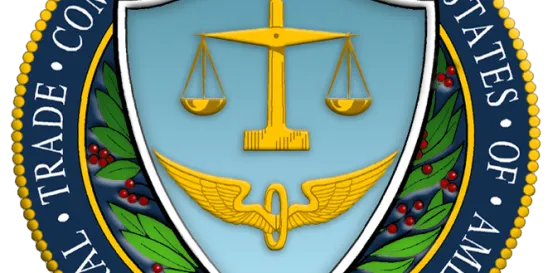On February 6, the FTC announced that it had reached proposed settlements with several defendants in a pending action where the parties were accused of operating a fraudulent student debt relief scheme and collecting so-called “junk fees” from consumers.
In its initial complaint, filed in August 2023, the FTC alleged that the defendants falsely claimed to be affiliated with the U.S. Department of Education and used names which consumers have understood to refer to the Biden-Harris Administration’s Student Loan Debt Relief Plan for the purpose of luring students into signing up for a non-existent student debt relief program. The defendants allegedly collected approximately $8.8 million in fees in exchange for the phantom program. According to the FTC, the defendants also used these misrepresentations to illegally obtain consumers’ bank account and credit card information.
Pursuant to the consent order, the defendants are, among other things, permanently banned from the debt relief industry, and required to pay a $7.4 million civil money penalty.
Putting it into Practice: This FTC enforcement action highlights the harsh penalties that companies providing debt relief services, especially student debt relief services, can face for making misrepresentations to consumers. In addition, this enforcement action underscores the recent regulatory crackdown on companies providing fraudulent debt relief services and charging so-called junk fees to consumers (see previous blog posts here, here, and here). Accordingly, financial services companies offering products relating to debt relief and credit repair should review these recent enforcement actions and be keenly aware of the heightened agency scrutiny of these product offerings.




 />i
/>i

